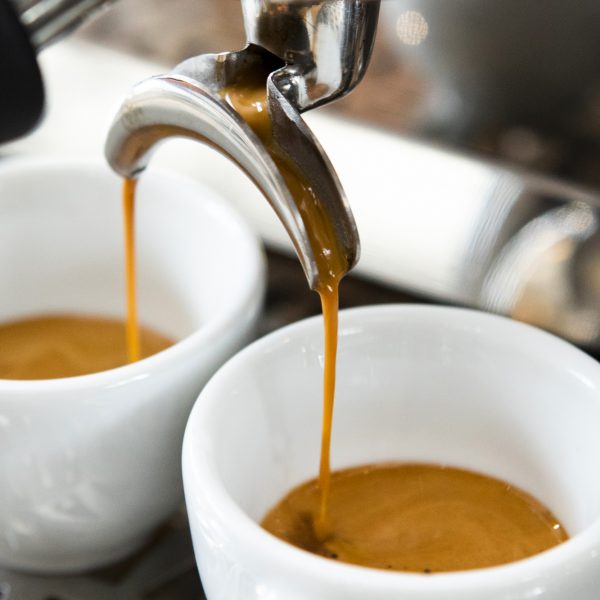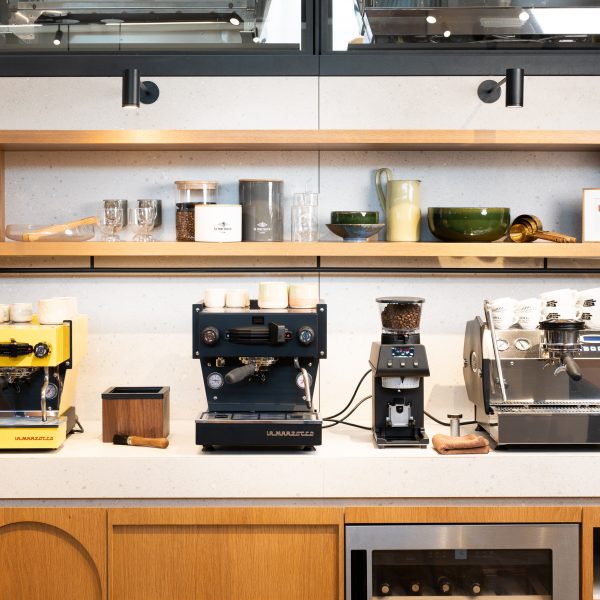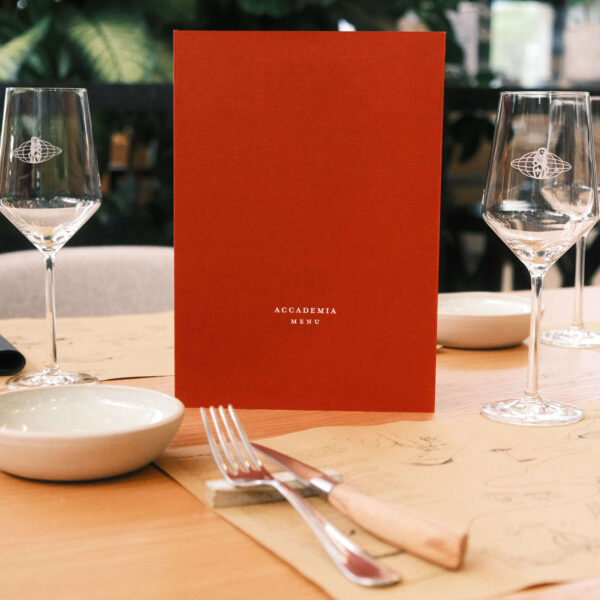Blog
Earlier this summer, back in July 2022 right after the World of Coffee tradeshow held in Milan, Italy, Accademia received sample coffees and had the opportunity to cup four variety candidates (all F1 hybrids) that will be moving forward to expanded field trials in Central America in 2023.
Together with World Coffee Research team, we worked on gathering feedback on cup quality of these potential varieties in preparation of the the next trials. See below the feedback that was provided by Massimo Battaglia, Coffee Research Leader at Accademia del Caffè Espresso.
- First, can you describe why it matters to La Marzocco/La Accademia del Caffe to invest in coffee research? How does it connect to the values and goals of your business?
In the dictionary, coffee is defined as a plant and the final drink obtained from that plant. Coffee research also reflects this. Much has been done at origin, focusing on cultural and process phases. Similar to the attention given to the brewing phase, espresso machines are more innovative now too. Knowledge of origin is more widespread. We’ve experienced a more competent and lasting growth in the specialty coffee community. Yet much remains to be done.
Accademia del Caffè Espresso has the primary goal of bringing origin closer to consumption, aiming to cultivate coffee culture and link these aspects to research, sustainability, traceability, processes, and climate change. We are supported and work in parallel with WCR and other like-minded people in the coffee value chain, bringing more awareness into the lives of others.
La Marzocco is a leader in espresso machine design and innovation. The espresso machine is a complement to make the most of coffee and give it its final form before consumption. The Accademia del Caffè Espresso has become its “megaphone” in propelling the values we need to be upheld to sustain the future of coffee.
2. Can you say a little bit about what it was like to have a ‘first taste’ of these new coffees, which are not commercially available for farmers to grow and which have not been tasted widely before? Was there anything you noticed or especially liked? Was the overall experience like to try something novel or new?
When researching new coffees, much is being directed toward studying genetic materials and new cultivars—being more resistant to the harmful effects caused by climate change, for example, diseases, rust, drought, wind, productivity, and prerogatives of Robusta. These coffees maintain a good quality in the cup (aromas, sweetness, acidity – importances of Arabica).
The four coffees proposed represent a bit of this trend. WCR 19 and WCR 9 are influenced by the presence of the Timor hybrid and, therefore, very “robust”-like. I find the others: WCR 29 and WCR 30 coffees, more interesting due to the strong aromatic characteristics – juiciness, fruit aromas, sweetness, and elegance – linked to Geisha.
3.Your feedback on the cup quality of these materials will influence how they are used in the future, e.g. whether they have potential for use in future breeding or whether they ultimately become available to farmers down the line. What does it mean to you to participate in shaping the future of flavor? What does shaping the future of taste and flavor mean for the Accademia del Caffè Espresso?
Especially in the case of espresso – single origin ones perhaps – that would mean looking for varieties and processes that can enhance the sweetness, the aromatic components, the elements of balanced acidity, and above all, the territory of the coffee provenience. Espresso is balanced, elegant, and complex.
4. Both La Marzocco and WCR are concerned with tradition and innovation—balancing and utilizing what is good from the past with what becomes possible with new technologies. How do you see this relationship between the past and the future, and between innovation in machines and innovation in plant varieties?
Tradition is espresso, and machine innovation is the enhancement of espresso. Innovation in plant genetics is the most concrete response to climate change and a more significant sustainable qualification for coffee.
When asked how we combine the aspects of tradition and innovation in coffee-making equipment, we believe we have been able to balance the two: our sense of, and respect for, tradition as well as our 360° approach to innovation—reflected in a mindset, work ethos, and process geared towards excellence, attention to detail, and serviceability.
We’ve inherited and cultivated our unique craft and upheld the factory as the epicenter of our business. We’ve pursued innovation through a curious, open-minded, and inventive approach depicted in how we communicate and connect with the broader coffee community, how we promote its culture, sustainability, and value chain, and how we design our educational and product offerings.
Visite, degustazioni, experience e corsi



